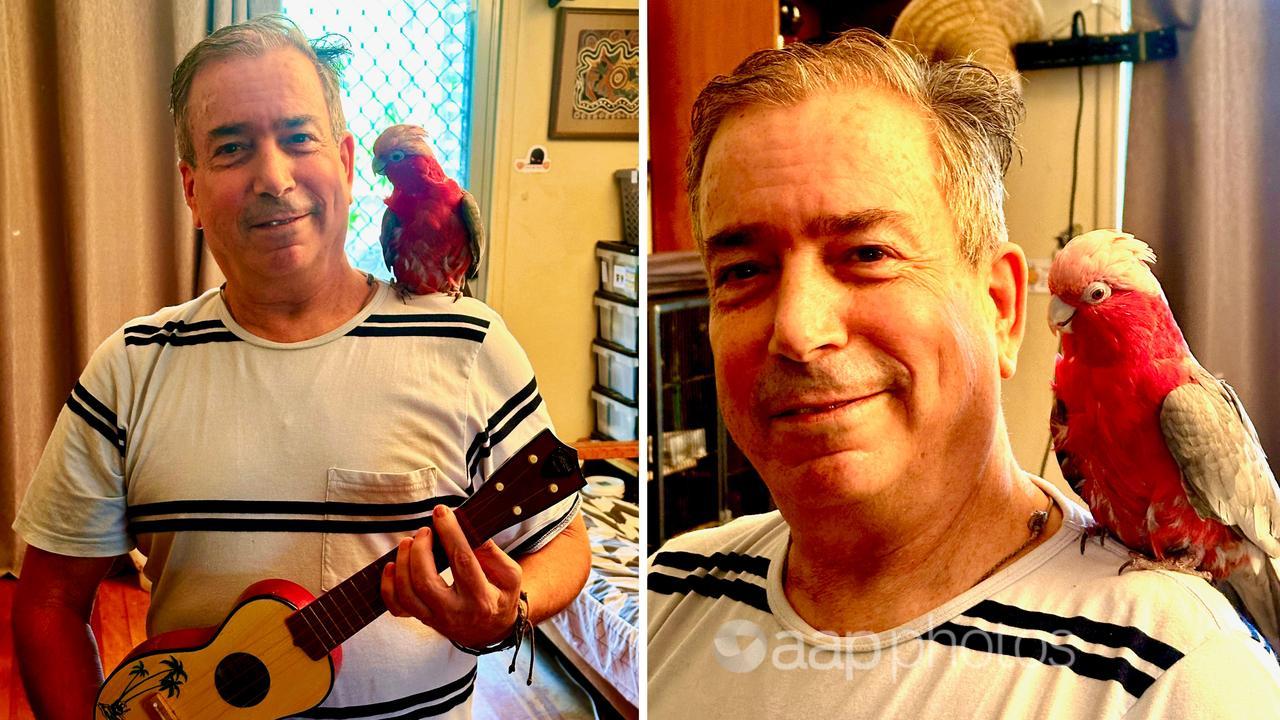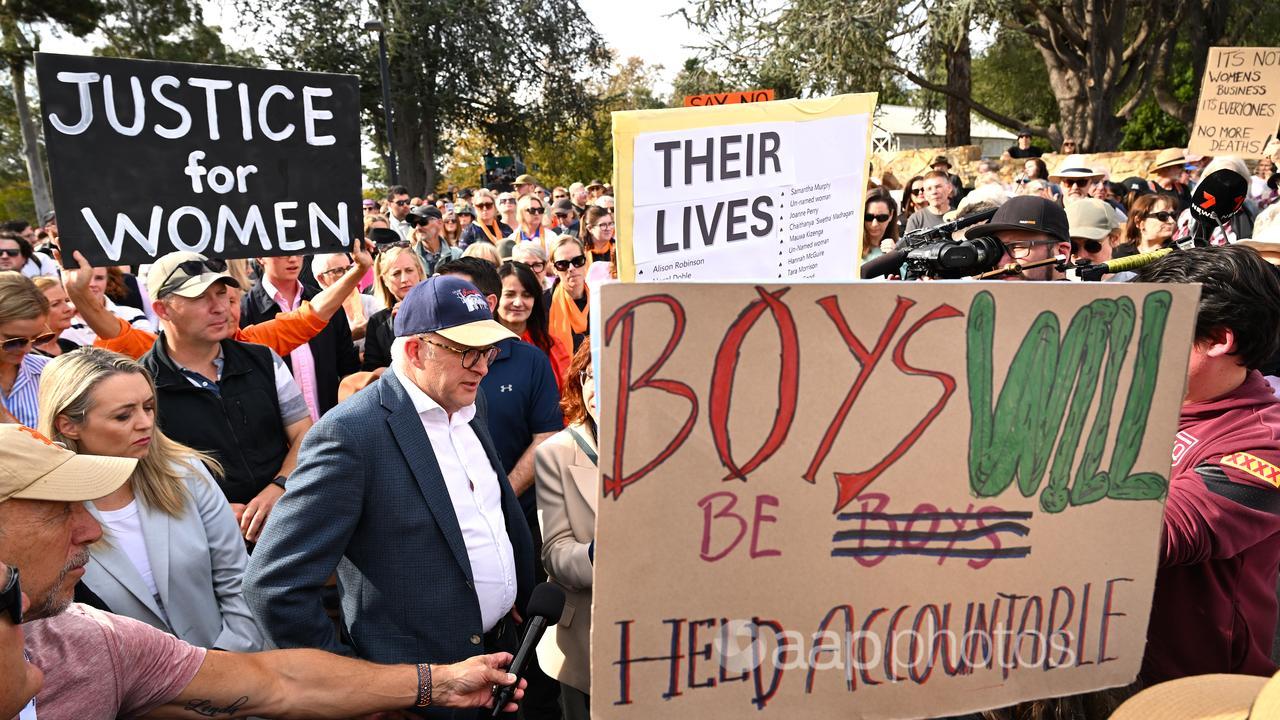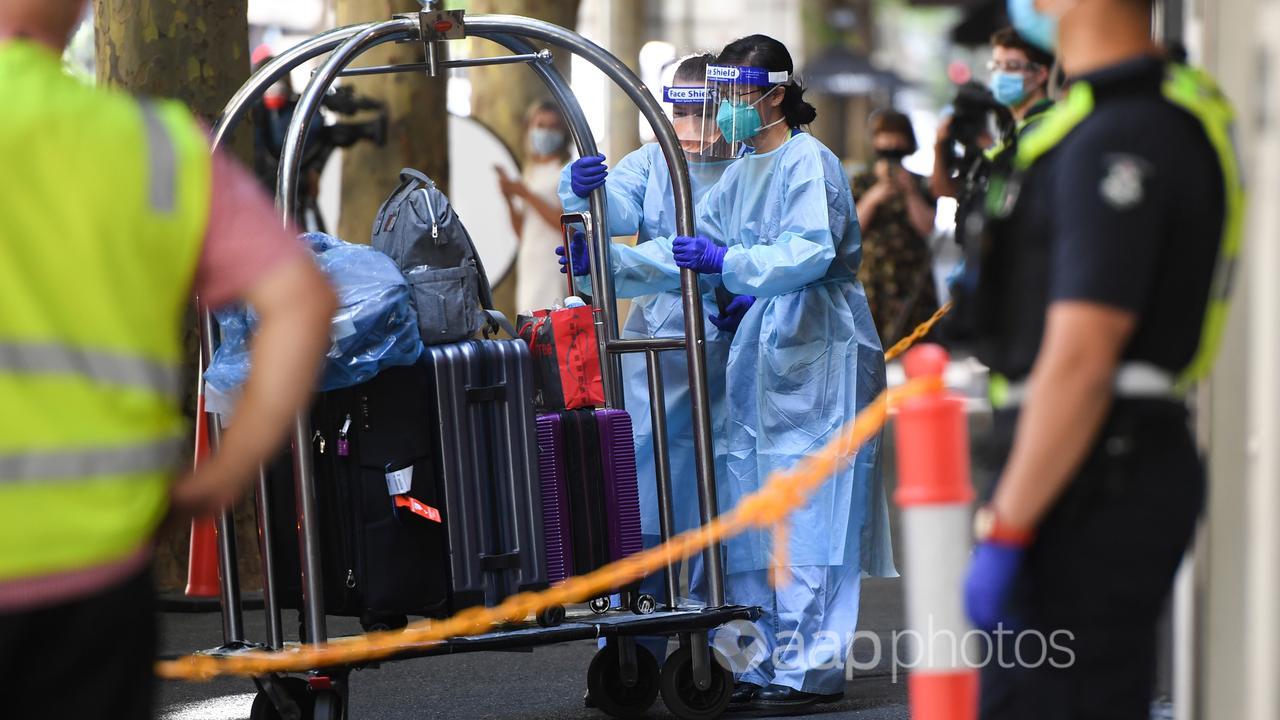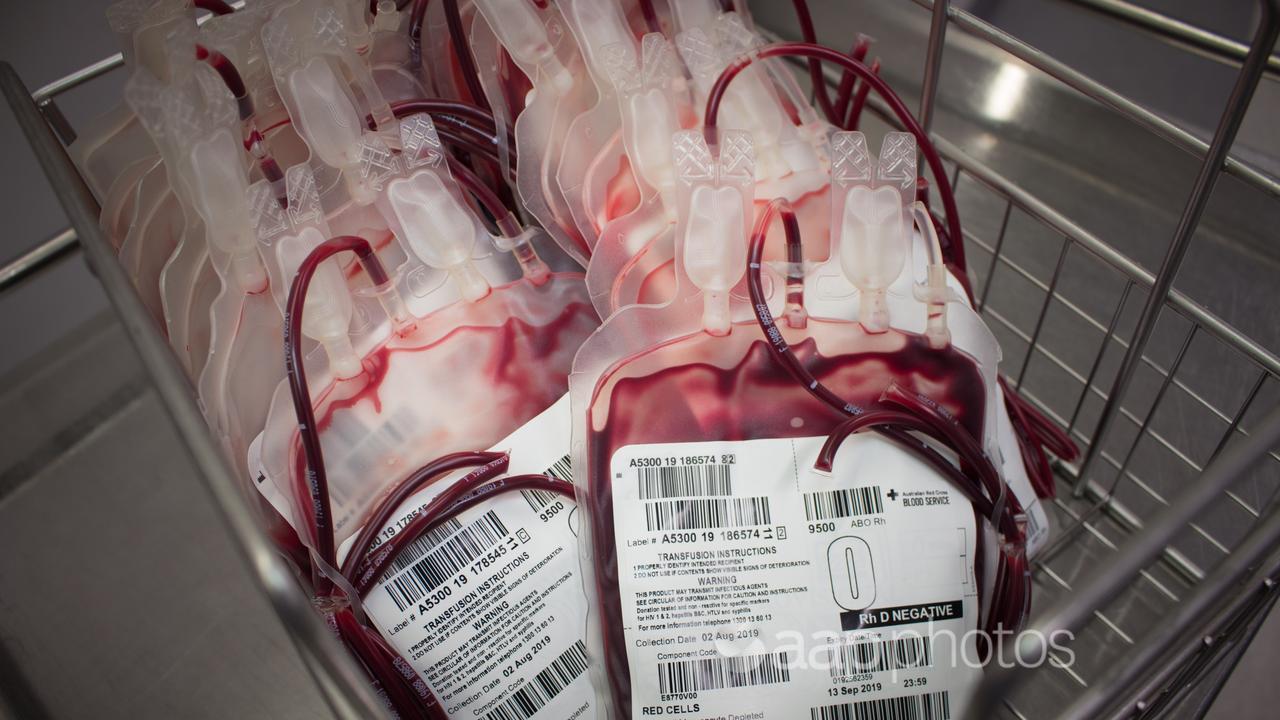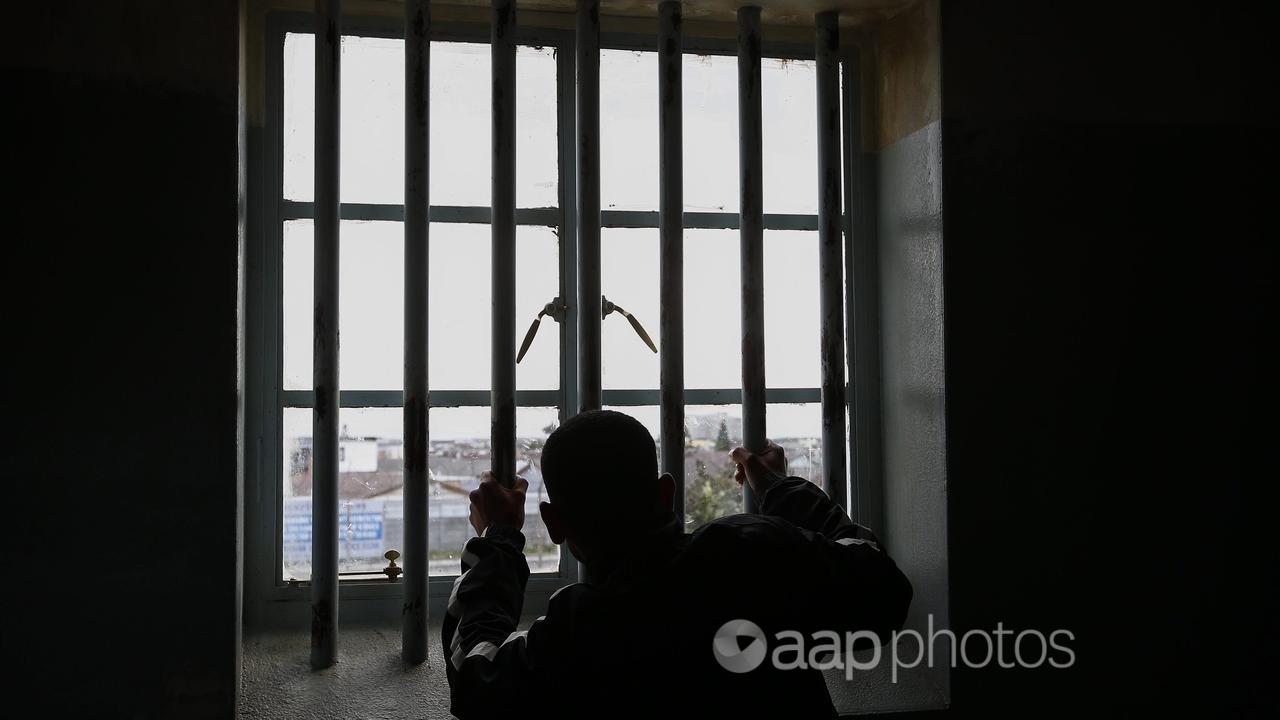It’s Australia’s most commonly diagnosed cancer, affecting as many as one in five men.
But prostate cancer is also one of the most misunderstood conditions, wrongly considered an “old man’s disease” that is rarely fatal.
For Eliot Rifkin, his diagnosis came at age 65 after a routine doctor’s visit for a possible bladder infection.
“My normal doctor was away, I told the other doctor my symptoms thinking she would give me the course of antibiotics, she sent me away for a blood test,” he said.
“It showed my levels were elevated and she sent me away for an MRI, after I had a biopsy done.
“It showed stage one prostate cancer.”
After the results came back, Mr Rifkin was told he would have to continue getting a blood test for the next two years.
After receiving the results for one, he had another MRI and biopsy and was told, now aged 66, he had stage four prostate cancer.
“I said, ‘just cut it out, I want to get it cut out now’,” he said.
At the time, Mr Rifkin didn’t have any potentially useful information on alternative treatments to consider.
Thanks to a new online web app put out by the Prostate Cancer Foundation of Australia, though, he was able to talk to a specialist nurse about different options.
“I called up one of the nurses and was able to ask more questions and from there I was able to choose my treatment,” he said.
The survivorship toolkit aims to help those living, recovering and at risk of prostate cancer to eliminate confusion about the disease and it’s treatment.
It gives men and their families access to evidence-based information, advice and nursing services as well as details on support groups.
PCFA chief Anne Savage said the toolkit was designed to address the individual needs of those impacted.
“We look at what the different stages of prostate cancer are, what the treatment options are, and then we can help and see what the impacts on wellbeing are,” she said.
“The app prompts men and their loved ones to ask the right questions … and makes sure they get the right specialist advice at all stages of treatment.
Mr Rifkin is now cancer free and he says the toolkit gives men the opportunity to take control over their health.
“It will help someone take responsibility if they see symptoms that might not be cancer but at least to go get a blood test,” he said.
“It’s up to you to make a program for yourself and your life.”

